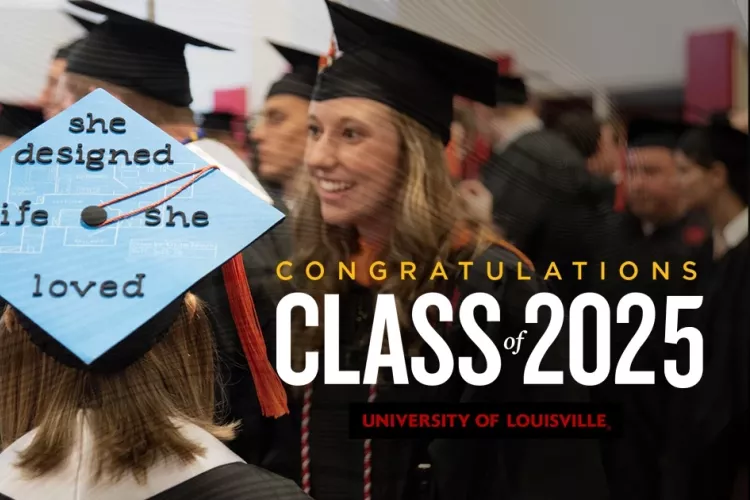Transdisciplinary research, employment law, food co-ops merge in UofL professors' work
October 2, 2024Brandeis School of Law Professor Ariana Levinson is known across the country for her expertise in labor and employment law.
Now, thanks to a fund established by incoming law Dean Colin Crawford, she has the chance to stretch her academic muscles in a new, collaborative way.
The Dean's Faculty Development Fund, supported by Interim Provost Dale Billingsley, funds several types of faculty research projects, including those between law faculty and other University of Louisville faculty and/or experts at other institutions.
[caption id="attachment_39994" align="alignnone" width="229"] Ariana Levinson[/caption]Levinson's project focuses on worker-ownership and employment issues arising in cooperative businesses.
"Doing something interdisciplinary at UofL that's research-focused is new for me," Levinson says. "It's hard, but it's also quite interesting."
She is working with:
- Dr. Michele Foster, Henry Heuser Jr. Endowed Chair for Urban Education Partnerships and Professor, College of Education and Human Development
- Dr. Maurice Gattis, Assistant Professor, Kent School of Social Work
- Dr. Bruce Kemelgor, Associate Professor of Management, College of Business
- Dr. Lisa Markowitz, Associate Professor, Anthropology
- Dr. Justin Mog, Assistant to the Provost for Sustainability Initiatives, Louisville Food Co-op Initiative Governance and Membership (G&M) Committee member
- Professor Robin Harris, Brandeis School of Law Library
- Ryan Fenwick, attorney in private practice and G&M Committee member
- Doug Lowry, Sowers of Justice, Louisville Food Co-op Initiative Steering Committee member and G&M Committee member
- Tom Rutledge, member, Stoll Keenon Ogden
- Charles Booker, attorney, Louisville Independent Business Association (LIBA)
- Andrew Klump, law student
- Sue Eng Ly, law student
The team is working with the Louisville Association for Community Economics (LACE) to establish the Louisville Community Grocery, which would be incorporated as a food cooperative.
The project involves several aspects:
- Co-authoring with two law students an article about drafting bylaws for the co-op
- An assessment of the co-op's proposed sites by MBA students
- Articles about the use of unpaid labor by consumer cooperatives
- An article by Levinson about the labor law issues faced by those starting union co-ops
- A visit and presentation from a scholar about worker-owned co-ops (Professor Carmen Huertas-Noble, founding director of the Community & Economic Development Clinic (CEDC) at CUNY School of Law)
- A trip to the Praxis Peace Institute Mondragon Seminar in Spain — the world's largest enterprise of worker-owned cooperatives
Foster, Gattis, Kemelgor, Levinson, Markowitz and Mog also are applying for a grant from UofL's Cooperative Consortium for Transdisciplinary Social Justice Research.
If awarded, they plan to use the grant to fund research related to the use of unpaid labor by consumer cooperatives. They will study whether consumer-owners are considered employees, how co-ops have experienced owner-workers, and how Louisville could benefit from such co-ops. They hope to publish their findings as a series of articles or a book.
Working with scholars from different disciplines has been a rewarding challenge, Levinson says.
"It definitely seems like we have different languages and different approaches," she says.
But the subject matter is one that Levinson has been writing about and studying since she was an undergrad. And although she's never belonged to a food co-op herself, "I'm interested in better working conditions and the law's role in that."
"I do think that cooperative economics and worker-owned co-operatives offer us a lot of opportunities to address the wealth disparities in our country," she says.
Levinson is especially excited for the trip to Mondragon in May 2018. She hopes that experience will increase the project's visibility, allow her to bring expertise back to Louisville and provide opportunities for further collaboration.
"I'm very grateful for the resources because it's a challenge to complete large-scale research projects without funding and because it has opened doors me for to engage in transdisciplinary research with colleagues at the university — and it's given me the opportunity to study at Mondragon, the foremost worker-owned cooperative in the world," Levinson says.



